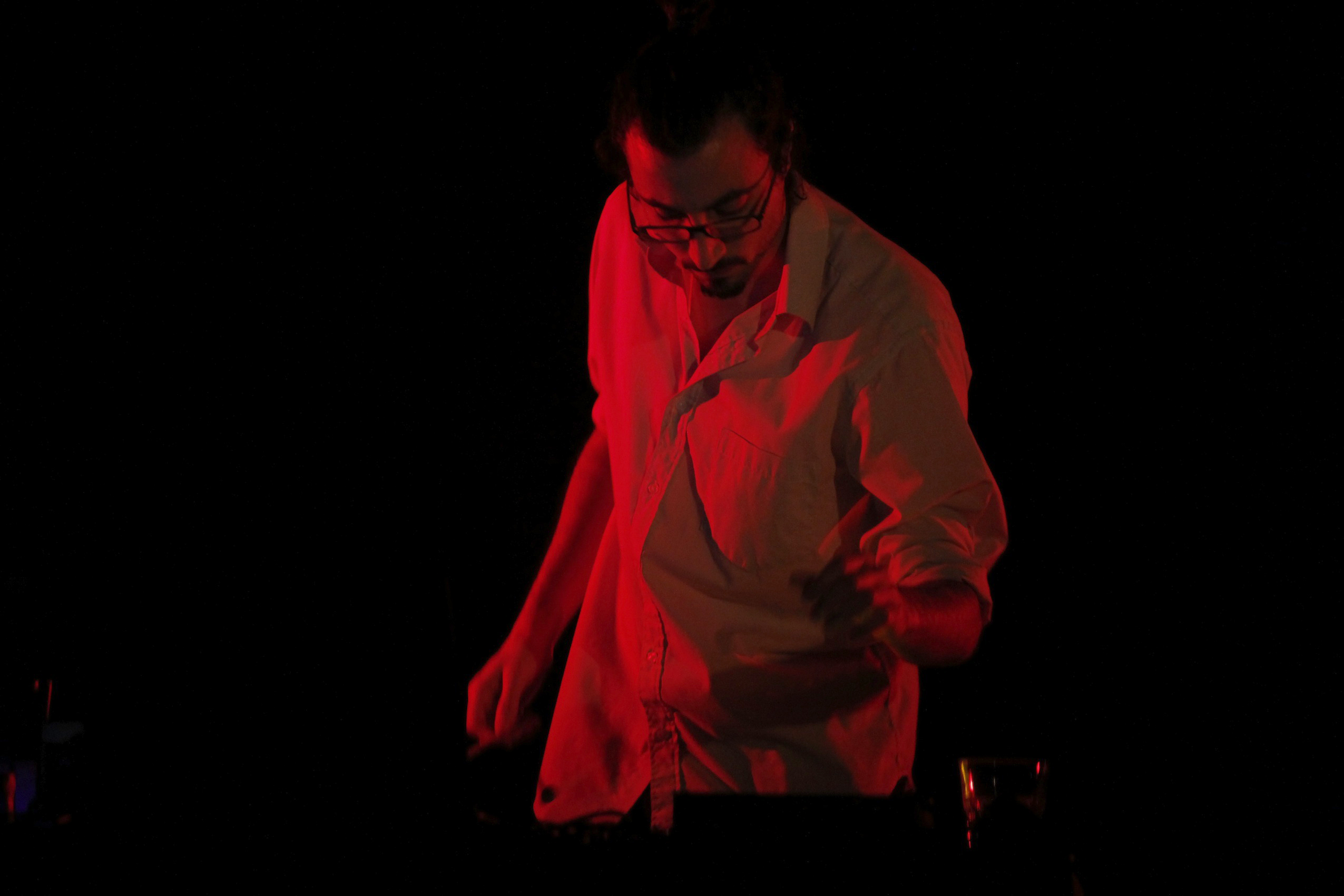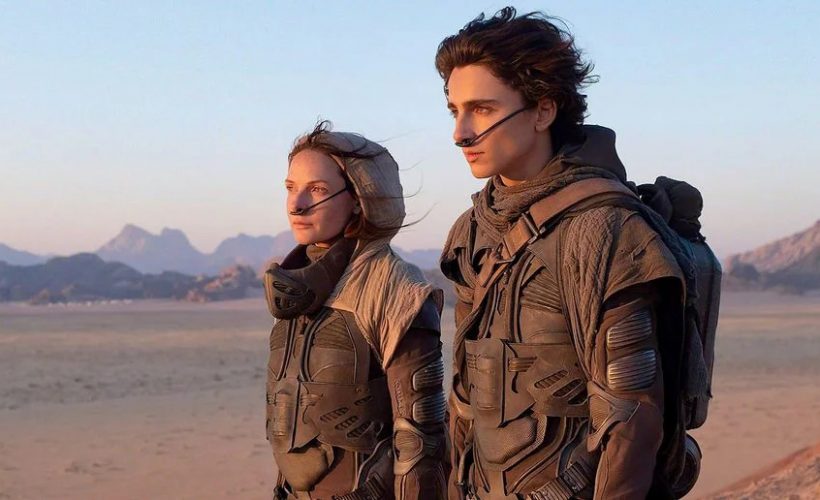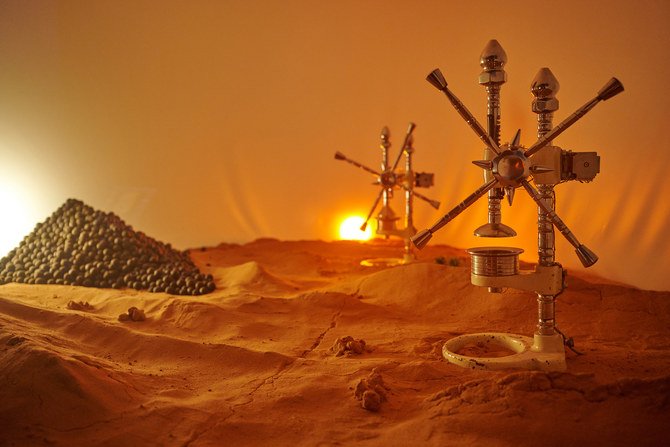Lifestyle
9.30.2020
Live music : “Glory and tears”, a tribute to Arab music and cinema

On October 31th at the Arab World Institute in Paris, two Lebanese artists Wael Kodeih and Randa Mirza invite you on a journey through a unique live performance that will explore old cults arabic movies and local hits of the Arab world revisited in an electronic style.
Wael and Kodeih and Randa Mirza have been working together for a few years now. She is a visual artist and he is a famous rapper in Beirut when he approaches her with a project of turning famous old songs from the Arab world into analogical sound. Motivated by the idea, Randa jumps into the adventure and suggests to screen end edit live classics of Arab cinema during the concerts.
Then “Love and Revenge” is born in 2014, “Gharam wa intiqam” in Arabic, in reference to the Egyptian drama of the same name which was a big success in the 1940s due to the unexpected death of its main star, the famous singer Asmahan, in a tragic car accident. A way,also, to give a contemporary dimension to old hits and help them to travel through time and generations.

Almost 6 years after the creation of Love and Revenge, younow come back with Glory and Tears. Can you present this project to us?
Glory and Tears is the same concept as Love and Revenge. There are always four of us on stage, three musicians and a videographer who “plays” little bits of film that she edits live as we mix. Randa is a kind of fourth musician since she creates visual refrains for the sound. On the other hand, this time the idea is no longer to mix tracks from the golden age of Arab audiovisual production, but on the contrary to find local stars who never get success beyond their borders. Celebrities which are no longer coming only from Lebanon and Egypt only, but also from the peripheral Arab world such as Sudan, Mauritania, Kuwait or even Saudi Arabia. We did a long research of one year in order to find these unknown musicians, and we found ourselves with very different songs. Technically speaking, we tried to push the electronic side of the music, in order to give it a more clubbing aspect, very retro, very 70s-80s. On the film side, we screen cult movies of the region like Dracula or Rihla Ila el Qamar, a kind of “star wars” of the Arab world released in 1956.

Hybridity is at the heart of your performances. Why is it important to you and how do you express it on stage?
Our project is intrinsically hybrid. Not only by its individual members, but also by our group in itself: every musician on stage has multiple roots and very different functions. For example, Mehdi Haddab who plays electric Oud is french- Algerian and Julien Perraudeau, who plays the synthesizers is french . Regarding the project, bringing together films and music, giving them a Western touch (with electronic music) on Arab lyrics is a mix that constitutes our reality. Often when we think of the Arab world, we think that we are either A or B and that there is nothing in between, but we are so many different things.
On your Facebook page, you recently shared a post about your feeling of powerlessness as an artist after the explosion in Lebanon? Don’t you think that art can be very useful to heal traumas which are not visible in the long term?
My point through this text was to say that if we stopped music tomorrow, people won’t die from it. This observation led me to question my own status as an artist, I wanted to know what the world would look like if we were all just workers. But I don’t feel useless, and I haven’t changed my intentions to create; on the contrary, it’s essential for me to remain a social and balanced being. On the contrary, I am deeply saddened by the current circumstances with the coronavirus crisis and online concerts. I’ve been doing concerts for 20 years now, and I’ve been unable to do one online even though I’ve been offered a lot. Emotionally speaking I’m not interested in it.
What is the situation of artists in Lebanon after the explosion?
Last year I founded an association whose goal was to help the Lebanese alternative scene, we had organized workshops and creative residencies and also put together a compilation with indie music groups. But today, the Lebanese scene is in a catastrophic state because those who can afford to buy a guitar just want to leave Lebanon and many of them are currently selling their equipment to make some money and get out of the country.
popular


